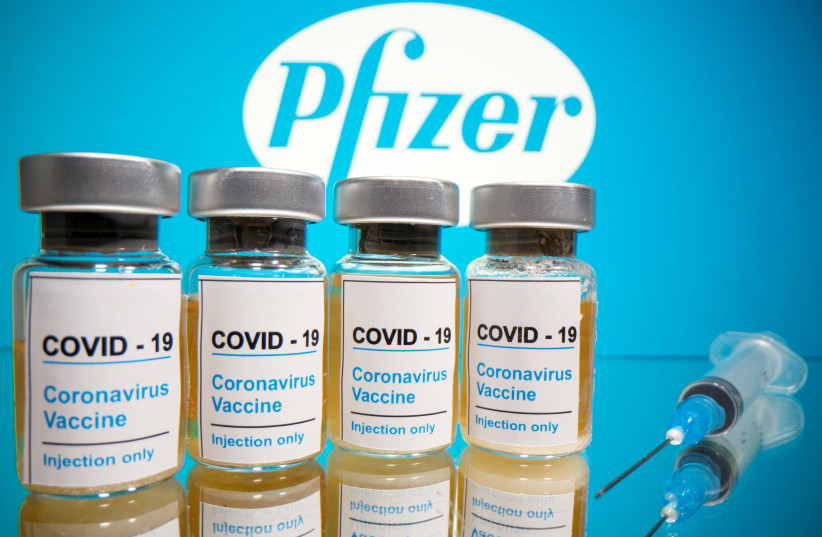“Of particular concern … is the emergence of the E484K mutation (found in the South African variant), which has so far only been seen in a relatively small number of individuals,” said Ravi Gupta, a professor at the Institute of Therapeutic Immunology & Infectious Disease , who co-led the study.
“Our work suggests that the vaccine is probably less effective in dealing with this mutation.”
Britain and many other countries have started to launch the Pfizer-BioNTech vaccine to try to contain the spread of the pandemic disease.
Although the highly effective vaccine is designed to be administered in two doses about three weeks apart, the government of Great Britain has chosen to extend that time period to up to 12 weeks to try to reach as many people as possible with first dose.
The study released on Tuesday used blood samples from 26 people who received their first dose of the Pfizer vaccine three weeks earlier to test whether the injection would protect against two variants of the SARS-CoV-2 virus – the UK variant, known as B1 .1.7., And the South African variant, which has the E484K mutation.
cnxps.cmd.push (function () {cnxps ({playerId: ’36af7c51-0caf-4741-9824-2c941fc6c17b’}). render (‘4c4d856e0e6f4e3d808bbc1715e132f6’);});
if (window.location.pathname.indexOf (“656089”)! = -1) {console.log (“hedva connatix”); document.getElementsByClassName (“divConnatix”)[0].style.display = “none”;}
When testing blood serum samples, all but seven participants had antibody levels high enough to neutralize the virus – that is, to protect against infections, the researchers said.
When the scientists added all the key mutations found in variant B1.1.7, however, they found that the vaccine’s effectiveness was affected, with on average twice the concentrations of antibodies needed to neutralize the virus.
When the E484K mutation was added, even higher levels of antibodies were needed for the virus to be neutralized – with an average 10-fold increase needed, the researchers said.
Dami Collier, who co-led the work, said the findings suggest that “a significant proportion of people over 80 may not have developed protective neutralizing antibodies against the infection three weeks after the first dose of the vaccine.”
Clinical trial data released last week on two other COVID-19 vaccines – from Novavax and Johnson & Johnson – also found that the South African coronavirus has reduced its ability to protect against the disease.
